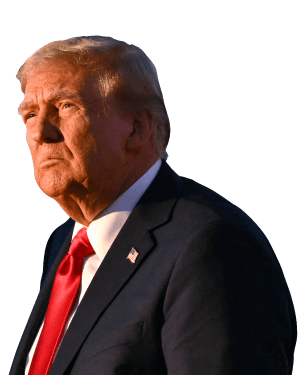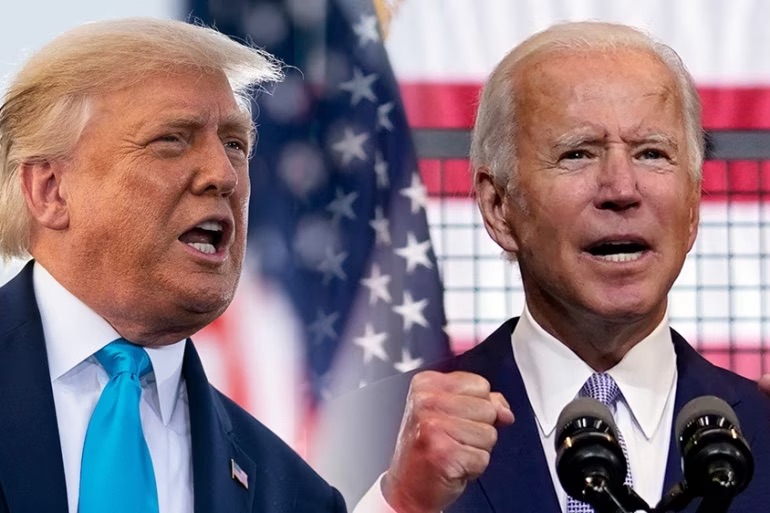Data indicates that Nigeria received substantially more dollar inflows from the United States during Donald Trump’s presidency compared to Joe Biden’s tenure. This disparity has been highlighted by several analyses that emphasize how the U.S. under Trump favored policies that indirectly benefited nations like Nigeria through trade dynamics, remittances, and other financial flows.
Under Trump, U.S.-Nigeria trade relations experienced fewer restrictions, allowing for higher remittance flows and possibly more favorable financial exchanges between the nations.

Trump’s administration supported policies that stimulated direct economic engagement, partially reflected in increased remittances from the Nigerian diaspora in the U.S., a significant factor in Nigeria’s foreign currency reserves. Furthermore, some Nigerian economists speculate that Trump’s deregulatory stance may have fostered a business environment that encouraged these financial inflows.
In contrast, the Biden administration’s approach has introduced policies more protective of U.S. domestic interests, which some experts argue could be less advantageous for financial engagement with countries like Nigeria.
Biden’s prioritization of regulatory and immigration policies has reportedly influenced the flow of capital to Nigeria, affecting both remittances and trade balances. This shift is also compounded by external factors such as fluctuating oil prices, which impact Nigeria’s revenue from exports to the U.S.
This trend underscores how shifts in U.S. foreign and economic policy can impact financial flows to African nations, depending on the broader economic and diplomatic priorities of each administration.
Additionally, Trump’s foreign policy stance often focused on reducing direct aid but emphasized partnerships that bolstered financial flows via trade, remittances, and diaspora engagement. His administration’s “America First” approach saw limited direct financial aid but maintained strong economic ties through trade, which enabled Nigeria to sustain inflows amid global economic challenges.
Biden’s administration, by contrast, has taken a more cautious approach, implementing immigration policies that affect diaspora mobility and remittances. Restrictions on visa policies, particularly impacting Nigerian professionals and students, may have further contributed to lower remittance inflows during Biden’s term, reducing a critical source of foreign currency for Nigeria’s economy.





